A great technique that can improve the mental wellbeing and physical health of urban populations when spending time in natural environments is Forest Bathing ‘Shinrin Yoku’.
Introduction to SHINRIN YOKU
Forest Bathing (Shinrin Yoku) was first developed in Japan after the Second World War in a response to the rapid mass urbanisation in the 1940 – 50s to rebuild the cities – and can be defined as “making contact with and taking in the atmosphere of a forest.” This practice of immersing yourself in nature has been scientifically shown to improve your mental and physical wellbeing.
People living in the Japanese heavily urbanised areas were rapidly introduced to a new non-natural setting and social scientists as well as medical professionals saw the quick development of mental and physical health problems in these populations. A stark impact of people moving from rural (and importantly more natural) settings into the urban city environment on people’s mental and physical health.
A group of Japanese scientists decided to test if taking groups of people from urban areas into more natural woodland settings would have an impact. The results from the scientific studies highlighted in an all-encompassing way that spending time in natural settings can unequivocally improve human being’s physical health
Benefits of spending time in nature – Shinrin Yoku ‘Forest Bathing’ practice
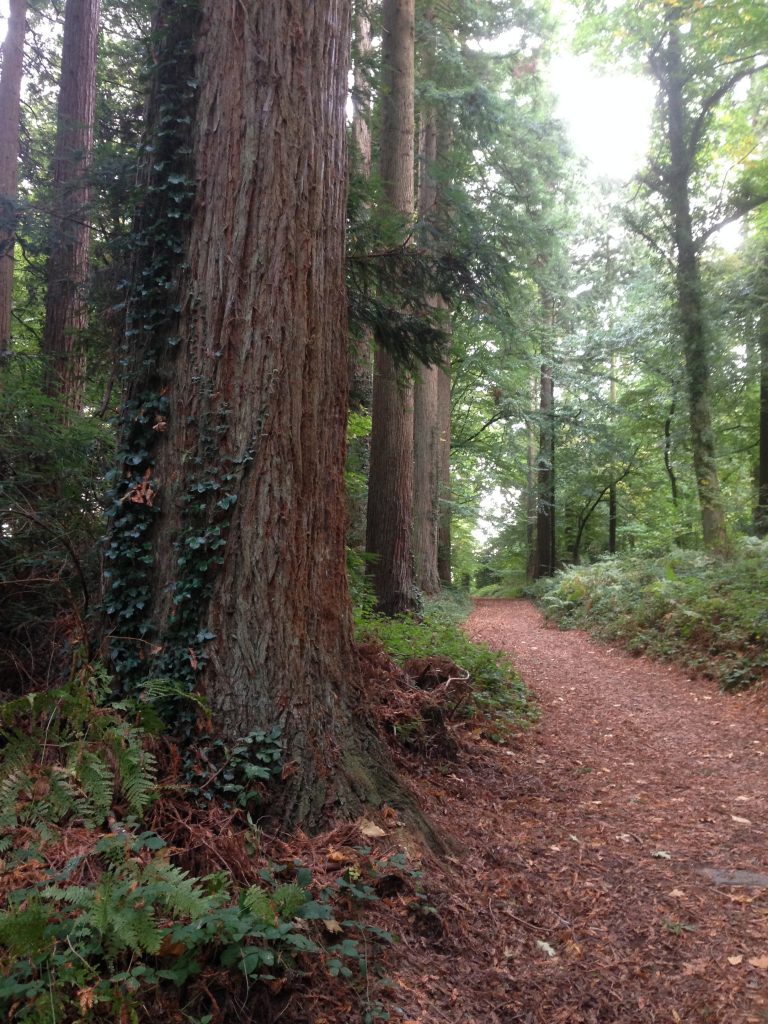
The initial Japanese research and many studies since have confirmed that spending time in nature scientifically improves wide ranging elements of our health. Here is a sample of the headline benefits.
Physical health benefits: Research reviews have shown that by spending 3 days forest bathing in a woodland can have tangible positive physical health benefits for a whole month. These include:
- Increasing immune system function – by breathing in the natural phytoncides (anti microbial wood essential oils) that trees emit increases are seen in our immune system functions and anti-cancer fighting proteins.
- Promoting lower concentrations of cortisol – cortisol is released by the body in response to stress and can have negative impacts on our body’s immune system function.
- Lower blood pressure – studies have found that the impact of nature on blood pressure can be even better than medication through greater parasympathetic nerve activity; which increases in relaxed states.
- Improved nervous system health – Lower sympathetic nerve activity which increases when feel stressed.
Mental Health Benefits include:

- Decreases in stress and anxiety
- Reductions in depression and improvements in mood – studies have shown that just a 90 minute walk in a natural setting can bring improvements
- Improvements can be seen in creativity levels through natural stimuli
Tips to get the most out of spending time in nature – how to forest bathe anywhere!
To get the benefits that we have discussed you don’t have to be in the wilderness, you can get these benefits even in urban areas by seeking out natural settings in your local city:
- Seek out natural settings – even a small patch of trees or even a single tree in an urban park can be used to engage with nature
- See what you notice change and exist around you – using all your senses, especially sound, touch, smell as well as sight – to connect with your natural surroundings on a deeper level
- Take a walk on the wild side and don’t walk on the path – even if it is just for a short part of your time in a park, patch of trees or forest – try it and you’ll be surprised what you discover along the way and how much richer your experience will be
- Return to your local or favourite natural spots – getting to know your favourite or local natural spot can improve the quality of your experience with nature as you notice more and feel more connected
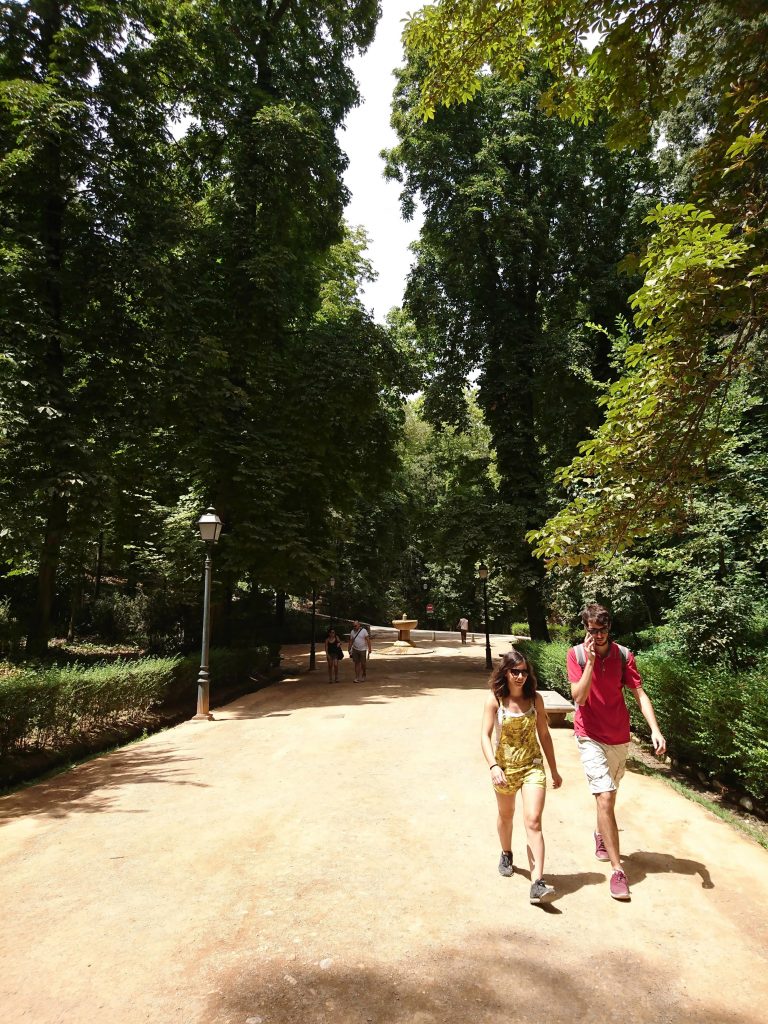
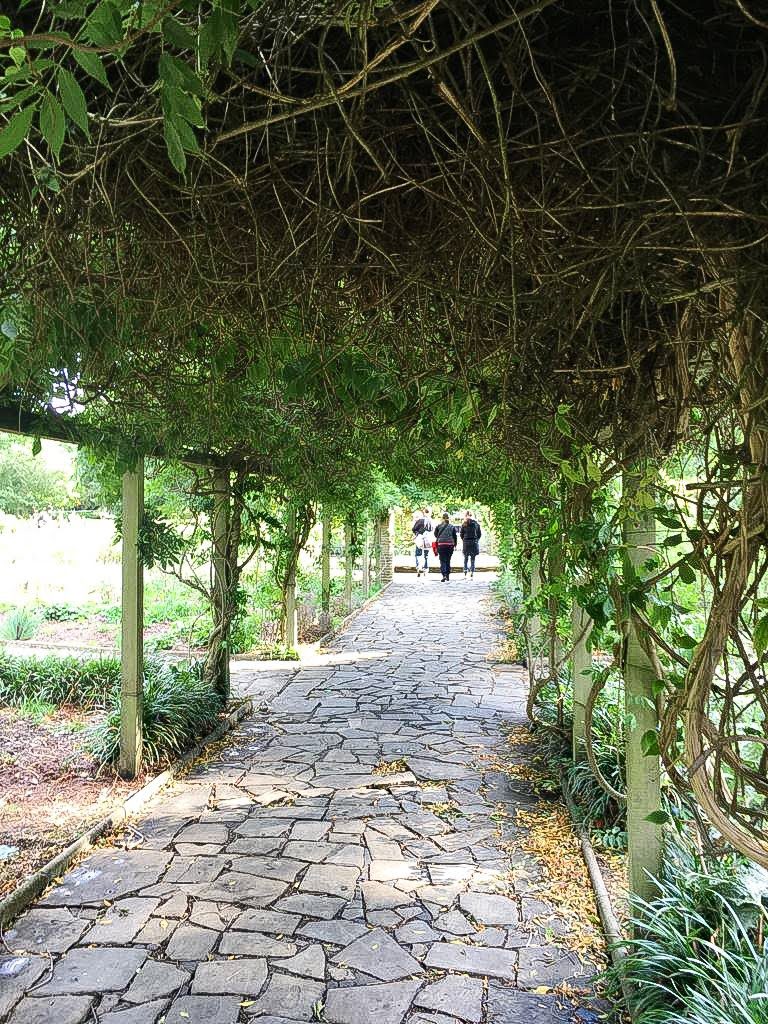
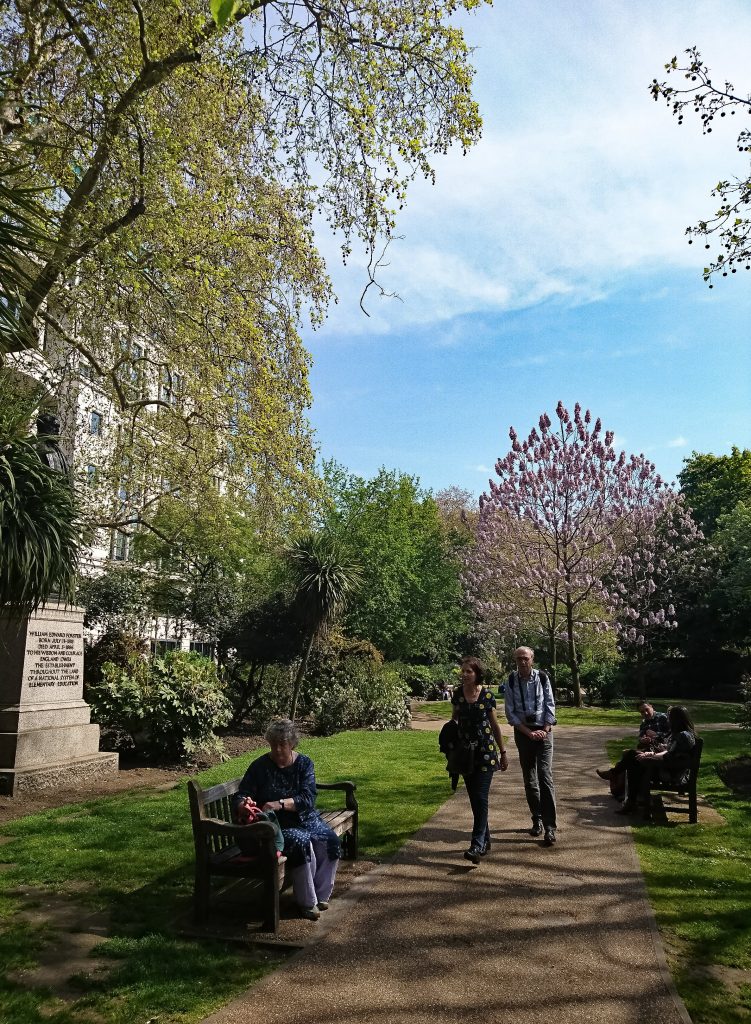
Book a forest bathing experience: If you would like to arrange your own guided forest bathing experience you can find out more on our Work together section.
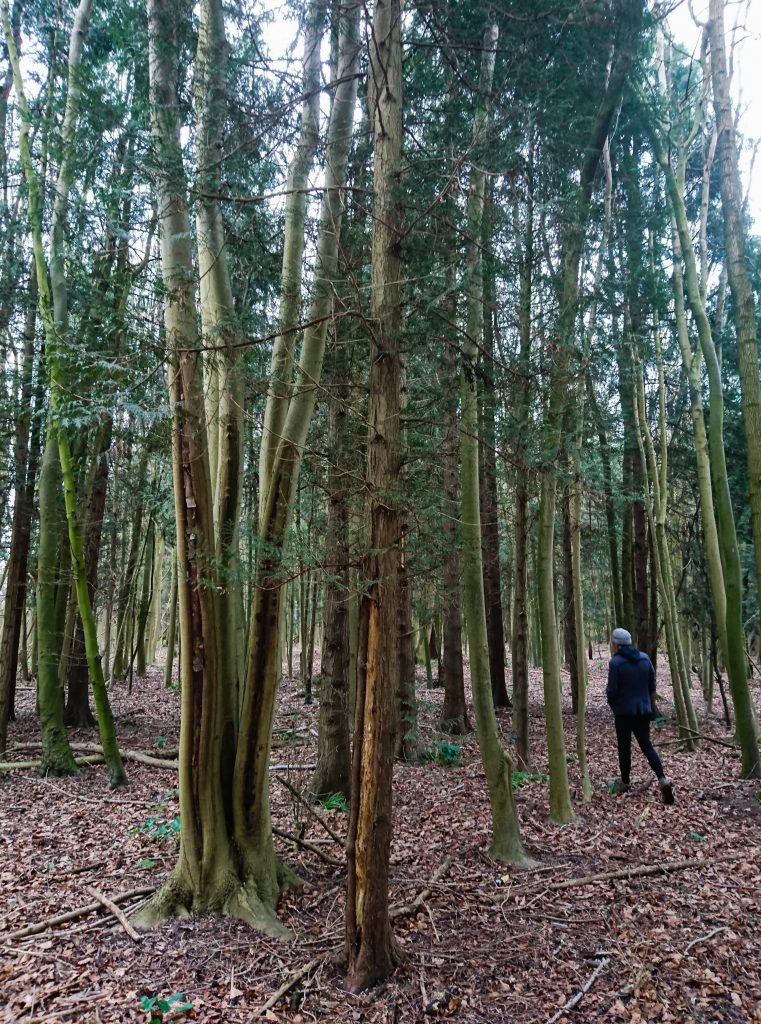
Become a Shinrin Yoku Practitioner: Devon based Nature and Therapy provide an excellent and affordable 2 day practitioner course set in the stunning Dartmoor natural scenery.
In summary – interaction with natural settings is scientifically proven to improve people’s wellbeing and physical health, and this is especially important in urban populations. As a result green infrastructure should be prioritised as a key influence of urban health in cities.
Published June 2019

